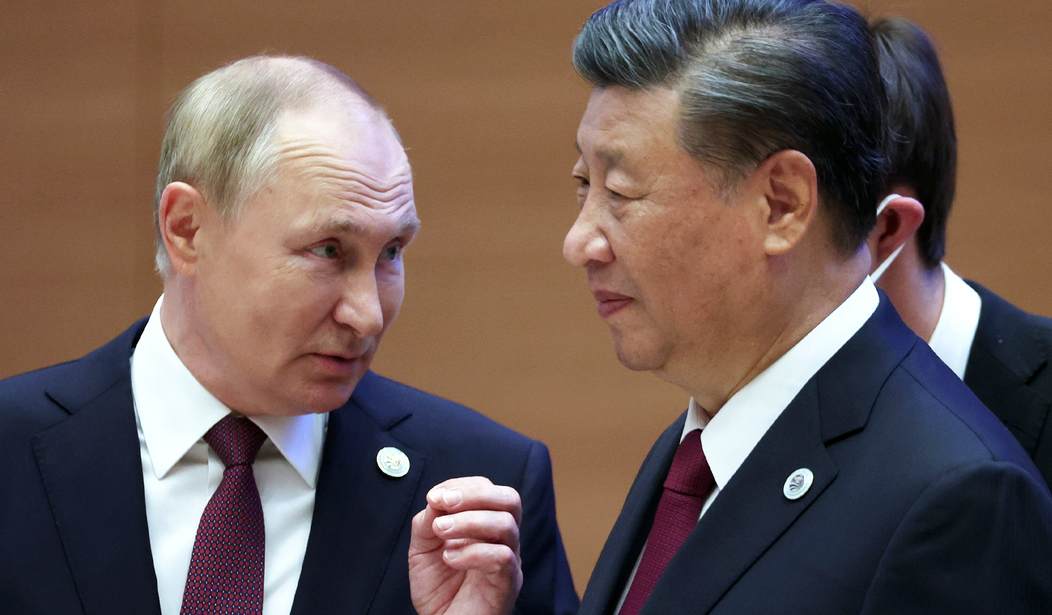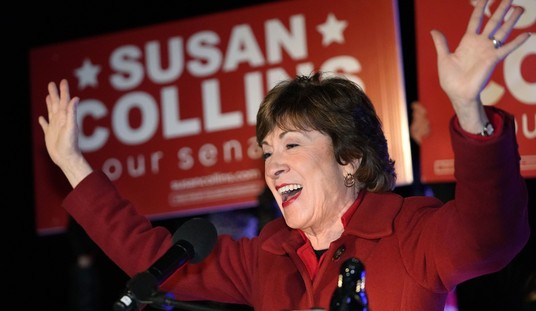There are different tools to predict the future. Some use Tarot cards. Others tinker with tea leaves. Lots of folks read horoscopes.
Here’s my technique: I assume that the other guy isn’t a total moron, and more often than not, he’ll act in his own self-interest.
If it’s in his self-interest to do A, B, and C, it’s likely he’ll do A, B, and C.
It doesn’t always work because sometimes my perception and his perception are different. But most of the time, when all parties have access to the same information, the predictive powers of self-interest are uncanny.
Trust me, it’s a helluva lot more accurate than Tarot cards or tea leaves!
On the micro-level, with small numbers of individuals, the technique has a high fail-rate: People are wacky, weird, and kind of unpredictable. But on a macro-level, with wide swaths of populations, it’s eerily accurate.
Large groups are simply easier to predict.
So let’s pretend that we’re a Chinese nationalist with ties to Xi. The American president just declared a trade war on our country. Our entire economic model is predicated on exports!
Obviously, this is a serious problem.
Chinese history is repetitive: Empires rise, expand, collapse, and rise. It’s different than American history, for ours is the tale of plucky, freedom-loving colonists evolving into the wealthiest, most dominant superpower on the planet. As such, Americans instinctively expect things to get better over time.
In China, empires come and go.
That creates a different sense of urgency — especially for the emperor.
Xi Jinping is, quite possibly, the most powerful dictator on the planet. He’s consolidated so much power, there are no dissenting voices. Not in the Chinese Communist Party, not anywhere in his reach:
Since coming to power, Xi's tenure has witnessed a significant increase in censorship and mass surveillance, a deterioration in human rights, including the persecution of Uyghurs in Xinjiang, the rise of a cult of personality around his leadership, and the removal of term limits for the presidency in 2018.
Like all dictators, his #1 fear is being overthrown.
Back to our theoretical: Given this backdrop, what would Xi’s China perceive to be in its self-interest?
Well, China needs to find somewhere to ship its exports. Otherwise, there’ll be labor unrest: Mass layoffs could trigger labor riots; labor riots could lead to rebellion; a rebellion could lead to Xi getting shot in his Winnie-the-Pooh-looking head. (Not good.)
Furthermore, it has all these wonderful, sophisticated manufacturing plants that were originally designed, funded, and managed by American companies. Tons of ‘em!
And those nice Americans have already trained the Chinese workers how to run ‘em!
If it’s no longer cost-effective for American companies to use these manufacturing plants — if they’re now losing money — a smart American company would cease operations.
And many already have.
China doesn’t want that. One way or another, it's gotta keep those Chinese employees showing up at their jobs.
Which is probably why China will start nationalizing Western manufacturing plants.
American trademarks, copyrights, branding, and intellectual property are gonna be especially targeted.
For decades now, Chinese counterfeiting has been a major problem. Roughly 20% of all consumer products in Chinese markets were already counterfeit — and 90% of all the counterfeit and/or pirated goods seized by U.S. Customs and Border Protection in 2024 were from China or Hong Kong.
And that was before the trade war!
Question: Wouldn’t the most cost-effective, short-term Chinese “solution” be to take over Western manufacturing plants and simply flood the world with cheap counterfeit goods?
Before, China’s penchant for piracy was (somewhat) offset by Xi’s desire to play nice with the Western powers who’ve invested so generously in his country. When Nike, Walmart, and Apple were employing hundreds of thousands of your people, you still had a vested interest in criminalizing (at least some) knockoffs.
But if that’s no longer attainable, China will double down on counterfeiting.
The upside seems far bigger than the downside. And the upside could be considerable: If it hurts American businesses, perhaps it could even be a bargaining chip to roll back Trump’s painful tariffs.
Too many Eastern headwinds, too much self-interest. The age of mass global counterfeiting and Chinese nationalization is probably inevitable.










